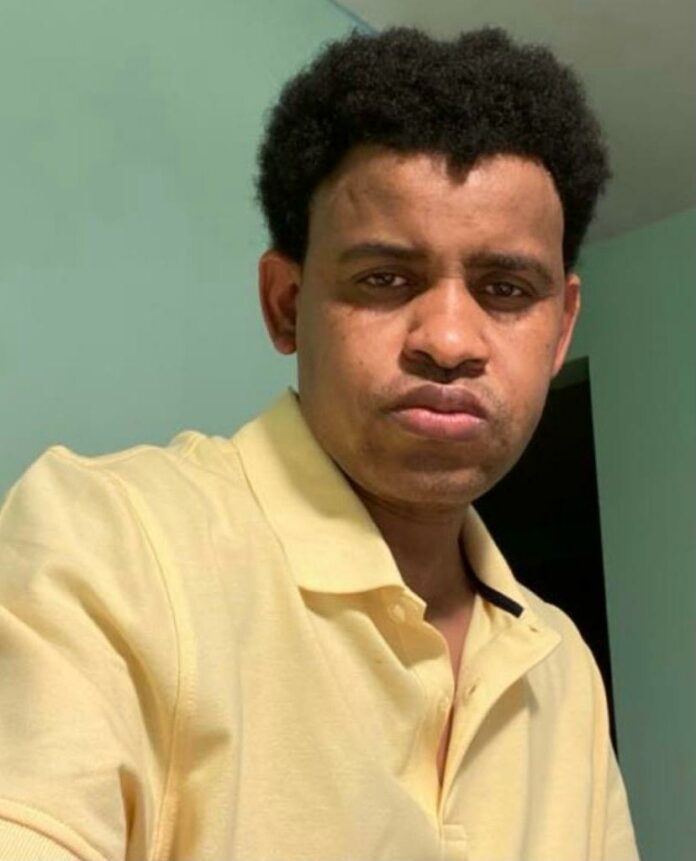OPINION
By Cherno Baba Jallow
At its founding in 1996, the United Democratic Party (UDP) was riding a crest-wave of mass popularity. With the ban on party politics lifted, the party arrived on the scene with much fanfare and commitment. The latter, more poignant, because the UDP emerged to fill a void in the democratic space and to prevent the country from careening into a full-blown one-party dictatorship.
Every democracy, and certainly one that is going through the pangs of (re)birth, as ours was, needs a robust opposition to keep the democratic machine whirring on all cylinders. But the UDP arrived at a highly volatile time. Its opponent was a former military leader with a mean, brutal streak, and a great amount of goodwill, nonetheless. With 446, 541 registered voters and about 88% voter turnout in the 1996 presidential elections, Yahya Jammeh won with 220, 011 or 55.76% of the votes. Ousainou Darboe received 141, 387 or 35.84%.
Darboe, a stranger to politics, heralded his candidacy on the twin themes of accountability and transparency. The UDP’s vocal opposition to Jammeh’s tyranny, while resonant with a good segment of the population, also kept the party in perpetual harm’s way: arrests, detentions, violent crackdowns and even deaths.
If Darboe was a symbol of defiance against a dictatorship, since moribund, and now supplanted by a peaceful, dissenting and democratic environment, what does he symbolize now? What, if any, is his vision, fashioned anew, for the country? What is the basis for his continued interest in the presidency?
In the year 1996, when Darboe first sought the presidency, Dawda Jallow competed in the Summer Olympics for The Gambia, Bill Clinton was US president and Tupac Sakur was shot. It goes that far since Darboe premiered in politics and assumed the leadership of the UDP. In organizations, including political parties, periodic changes in leadership are essential for growth and inventiveness. But for the UDP, uninterrupted continuity and sentimental attachment remain underpinning hallmarks of its existence. The party is still stuck in its age-old lament of victimization. In other words, Darboe “should be rewarded” the presidency because ‘’he suffered for this country.’’ In a country, where the tyranny of one led to the homogenization of misery, and caused the suffering and deaths of many, the political tribulations of self is never a winning strategy, let alone, a raison d’être for the presidency.
The UDP, long sequestered, comfortable even, in its partisan silo and smitten with one man’s cult of personality, has never understood that there are UDP voters and then there is the general electorate. Winning elections hinges on the mainstream, the voters on the other side and those in the middle. Darboe hasn’t been able to woo them into his party, partly, if not hugely, because of the absence of an important trait in any successful politician in the field of democratic representation: agreeability, the ability to change, to make deals and reach common grounds, to agree to things and get them done.
All politics is local. But all politics is personal, too. To the public, Darboe comes across as tetchy, inflexible, and dogged in his own ways. The UDP members are unable to see through all this because of their adoration for their man. But to the general electorate, their leader’s flaws sit bare on a broad canvass.
It is Darboe’s ill-luck to be both insufficient in the arena of political endearment and lacking in the experience of elective office. The latter is even more paramount, and particularly in the context of Gambian electoral politics. Darboe is the first leader of any major political party to aspire for the presidency without having first occupied an elective office. He has had no experience in democratic representation throughout his 28 years-plus political career.
Going into 2026, the UDP would be presented with a wonderful opportunity to neutralize one of its critics’ foremost misgivings about its party. That its leader has zero elective office experience. The party has several young leaders who started at the grassroots of the democratic process and are steadily building up executive experience. Talib Bensouda, Yankuba Darboe, Rohey Malick Lowe and Landing Sanneh – they are wrestling with the everyday challenges of their constituents, finding solutions and making tough decisions. They are fast learning leadership skills and the art of governance. They will get into the presidency with some readiness and with an idea about the challenges inherent in executive leadership.
Still recovering from the bruised feelings and the oh-no-howls of disbelief over its drubbing in 2021, the UDP needs no reminder about the road oft-traveled, and nor does it need any lecturing on the necessity of recalibration. The party has a legion of astute minds to dissect its flaws and reconsider what is not working. But first things first: UDP members must begin questioning the belief that their fortunes hinge on the personality of one man and the politics of supine zealotry. Already, some have started voicing out their concerns about the direction of the party and are advocating for a change. Perhaps, these concerns will someday lead to a robust debate within the party. Perhaps, they are just that: a cautionary tale about the probable return of the all too familiar. But:
It is hard to imagine that Darboe is still thinking of another run for the presidency. Harder still, that his supporters are willing to sleepwalk with him to 2026, only to see him stumble into defeat – again.




